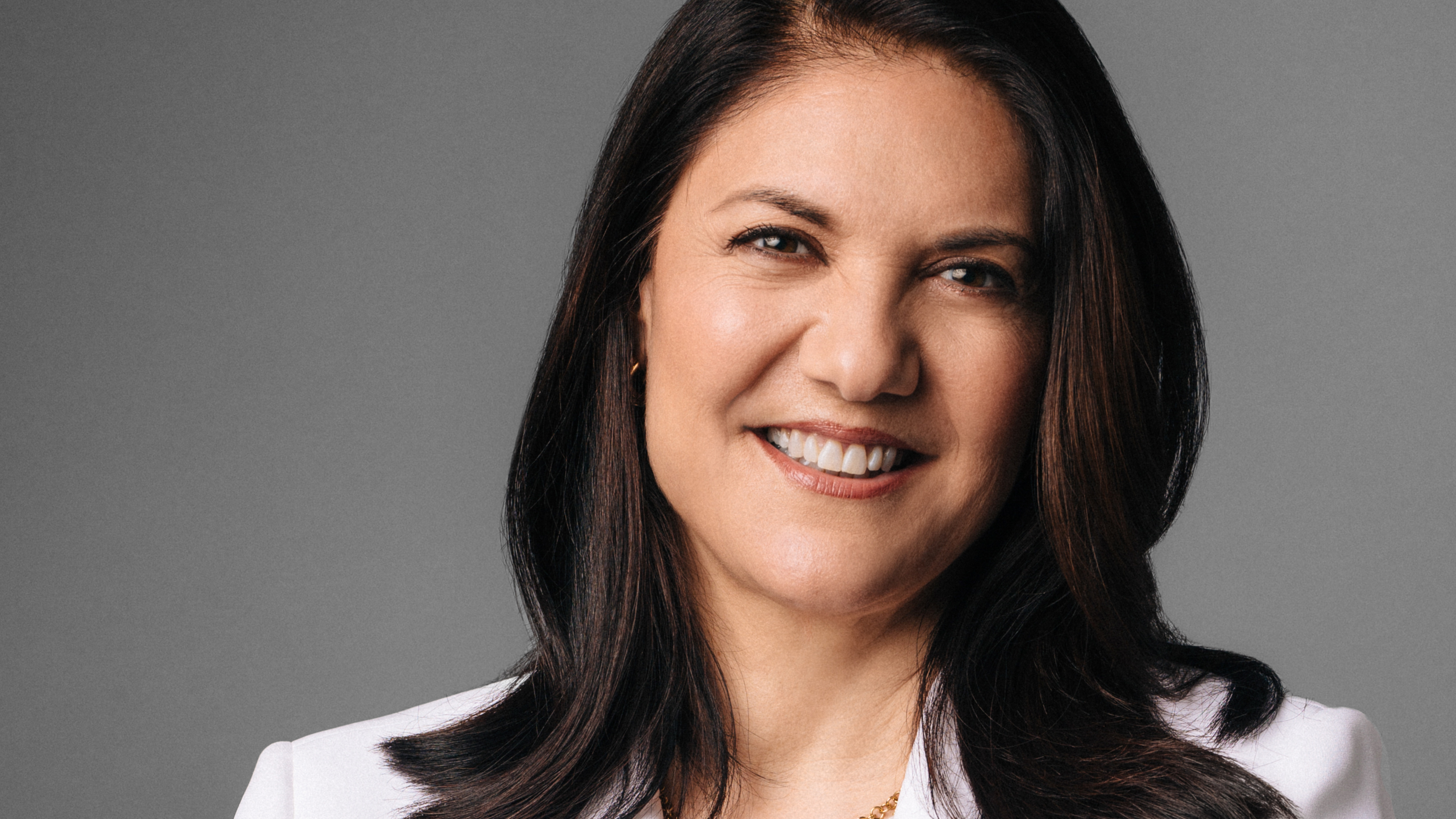What the Ukrainian refugee crisis can teach us about banking for women

Women’s World Banking is conducting fact-finding interviews with Ukrainian refugees to help articulate their financial needs to international policy-makers and banks. The president and CEO talks to The Banker about the research.
Q: How did the study come about and what are the findings so far?
A: It was a combination of a strong interest on our part and a certain amount of serendipity. Findex, which tracks financial inclusion in its Global Findex Report, approached us to work together, because 90% of Ukrainian refugees are women, many with children. We wanted to support these refugees and go beyond immediate humanitarian need to look at broader resilience in the face of the mass displacement.
According to the latest Findex report, 81% of Ukrainian women have bank accounts and the vast majority have mobile phones. As they fled their homes, they had access to important tools for financial resiliency that other vulnerable populations might not have. But these tools aren’t enough in a crisis situation. It’s important that governments look into how access to finance can be added to humanitarian relief.
The research surveyed 800 women. It found that several foreign banks did not allow women to have access to their Ukrainian bank accounts from other countries. The European Central Bank stepped in and relaxed know-your-customer [KYC] requirements to help these refugees who may not have full documentation to open accounts.
Because in many cases their resources are depleted; either they had cleaned the accounts out as they left, or tapped their accounts through a phone or ATM cards. Now they need to get jobs and open bank accounts to deposit their wages. Therefore, relaxing KYC requirements is a farsighted move, and not something we’ve seen in previous crises. Disappointingly, however, Syrian refugees are not being given the same accommodation.
The average stay in a refugee camp is 17 years, so having access to financial resources to build a life and have some kind of security in this extraordinarily tenuous situation that people find themselves in year after year makes a huge difference.
Q: What should banks be doing to support women refugees?
A: Two-thirds of the women that we surveyed are interacting with their banks, even after they may have drawn down their account through the mobile app. Banks need to ensure that their apps are accessible and encourage women to think of them as a security and resilience tool. Banks should think of themselves as a type of first responder and ensure that those needing to tap into their services in extremis can do so easily.
Over the course of the pandemic, banks began getting much higher marks in the Edelman Trust Barometer, an annual credibility survey, because they adopted a frontline mentality. They were working with governments to distribute relief payments, developing innovative ways of doorstep banking and bringing financial services to the client, which has shown up in their favourability ranking.
One of the big findings of the survey is refugees’ heavy reliance on digital channels. Yet most of the relief payments are not being made available through the mobile phone but via cards. So, banks, governments and payment companies have an opportunity to catch up and use the channel of choice for these women.
Q: What’s next for the research?
A: We have launched a GoFundMe campaign to raise the $100,000 needed to conduct this research over a longer period of time, not just during this immediate crisis but to track how these women’s lives are playing out and what their financial service needs are. Every woman we spoke to has plans to return and their main financial goal is saving money to re-establish life in Ukraine.
Q: What was the inspiration for your new book, There’s Nothing Micro about a Billion Women?
A: We could see on the ground how access to finance has an impact on women themselves and on their communities, but also how financial service providers that made an investment in serving women could do so very profitably. The International Monetary Fund has supporting data that shows how inclusive growth is only possible if women are brought into the formal financial system. I wanted to bring that message to the fore.
Some people assume the book is about microfinance, but they are missing the broader story, which is that women are extremely valuable clients for financial service providers. They tend to be more loyal, with a bigger savings-to-income ratio, for example. So, there’s a lot of money being left on the table: literally billions of dollars of revenue from retail loans, payment services, life insurance premiums, and micro, small and medium-sized enterprise lending, if financial service providers did nothing more than reach parity and serve women at the same level as they serve men. Being able to quantify that and make that case was a big motivator behind the book.
Mary Ellen Iskenderian is president and CEO, Women’s World Banking.


